The United States surprised many, including some of its EU partners, on July 30, 2015 with the addition of more than 60 Russian and Ukrainian entities to its sanctions lists. Although this latest act constitutes one of the largest single designations in the past year-and-a-half, many of the entities sanctioned in this round are either associated with other sanctioned persons or entities, or are already technically sanctioned by virtue of being 50% or more owned by another sanctioned entity.
Recap on U.S. Sanctions
As has been the case in the past, entities (including persons) targeted by the U.S. are placed either on the Specially Designated Nationals List (SDN) or on the Sectoral Sanctions Identifications List (SSI). Entities placed on the SDN List are completely blocked, meaning that their assets within the United States or held by U.S. institutions (this includes property, as well), are frozen and U.S. persons are prohibited from dealing with them. The SSI List, which was created in summer 2014 with the aim of sanctioning certain Russian entities without outright blocking their access to global markets, is a less severe form of U.S. sanctions and features such Russian entities such as Sberbank, VTB Bank, Vnesheconombank, and Gazprom, among others. When designated for the SSI List, the Office of Foreign Assets Control of the U.S. Treasury (OFAC) indicates which restrictions apply to the targeted entity. At the present moment, SSI restrictions are divided into four “Directives”, the restrictions of each being as follows:
- Directive 1: U.S. persons may not deal in new equity of targeted entity, as well as in debt with a maturity of 30 or more days.
- Directive 2: U.S. persons may not deal in new debt of targeted entity with a maturity of 90 or more days.
- Directive 3: U.S. persons may not deal in new debt of targeted entity with a maturity of 30 more days.
- Directive 4: U.S. persons may not engage in the provision, exportation, or reexportation of goods, services (except for financial services) or technology in support of exploration or production for deepwater, Arctic offshore, or shale projects that have the potential to produce oil in the Russian Federation, or in the maritime area claimed by it and extending from its territory, and that involve any entity targeted by this Directive.
Directive 1 is generally used for banking/finance institutions, whereas 2 and 4 have been used against companies operating in the Russian energy sector. Directive 3 has been reserved for entities engaged in the Russian defense and military sector.
July 2015 Targets
The sanctions imposed by the U.S. on July 30, 2015 targeted entities associated (i.e. engaging in the provision of material support) with the following:
- Gennady Timchenko, a Russian businessman and former majority shareholder in the Volga Group, who was designated on the SDN List on March 20, 2014;
- Boris Rotenberg, a Russian businessman close with President Vladimir Putin, who was designated on the SDN List on March 20, 2014;
- Kalashnikov Concern, a Russian weapons and motor vehicles manufacturer that produces the iconic Kalashnikov automatic rifle (AK-47), which was designated on the SDN List on July 16, 2014;
- Vnesheconombank (VEB), a Russian state corporation that operates as a bank for economic development, which was designated on the SSI List on July 16, 2014 (Directive 1); and
- Rosneft, a Russian state oil company headed by Igor Sechin (himself a designee of SDN sanctions since April 28, 2014), which was designated on the SSI List on July 16, 2014 (Directives 2 and 4).
The targeted entities associated with each of those listed above generally received the same type of sanction, i.e., an entity associated Rosneft would also be subject to SSI sanctions (Directives 2 and 4), whereas an entity associated with Gennady Timchenko would be designated on the SDN List and subject to the full blocking of its assets. A table providing a list of each entity targeted for being associated with the abovementioned entities is provided here:
| Gennady Timchenko (8 entities) |
Boris Rotenberg (2 entities) |
Kalashnikov Concern (5 entities) |
Vnesheconombank (VEB)
(18 entities) |
Rosneft
(17 entities) |
All targets designated on the SDN List. |
All targets designated on the SDN List. |
All targets designated on the SDN List. Izhevsky Mekhanichesky Zavod JSC and Open Joint Stock Company Izmash Concern were also targeted for operating in the Russian military sector. |
All targets designated on the SSI List and subject to Directive 1 restrictions. |
All targets designated on the SSI List and subject to Directives 2 and 4 restrictions. |
OFAC also targeted entities operating in the Crimea region of Ukraine (pursuant to Executive Order 13685, which essentially imposes an economic blockade on the peninsula), and a number of Ukrainian entities that are associated with the Yanukovych regime, or that have been identified as actors engaged in the undermining of democratic processes in Ukraine (pursuant to Executive Order 13660). The most notable entity among these is Oleksandr Yanukovych, the son of former Ukrainian president Viktor Yanukovych, who is sanctioned (SDN) along with his company Private Joint-Stock Company Mako Holding.
| Crimean entities – Executive Order 13685
(6 entities) |
Ukrainian Entities – Executive Order 13660
(5 entities) |
All targets designated on the SDN List. |
All targets designated on the SDN List. |
Housekeeping, not Escalation
The latest round of U.S. sanctions does not represent an escalation in the coordinated U.S./EU sanctions regime against Russia and associated entities that kicked-off in March 2014; rather, the U.S. sanctions of July 2015 are aimed at closing loopholes, aligning U.S. sanctions with those imposed by the EU, and clarifying sanctions policy in respect of certain entities. While certain new entities were added, some of which are not targeted by the EU or associated with previously sanctioned individuals, they are not entirely very prominent and it is doubtful whether they would have assets in the U.S. available for blocking. The Russian government, although vocal in its opposition to the July sanctions, seems to understand this. The only counter-action to date by the Russian Government is an intensified enforcement (by Presidential decree) of the Russian ban on food imports from the EU and U.S (as well as a number of other countries that have imposed sanctions on Russia, including Japan, Canada, Norway, and Australia) by means of the destruction of targeted food produce at Russian border points.

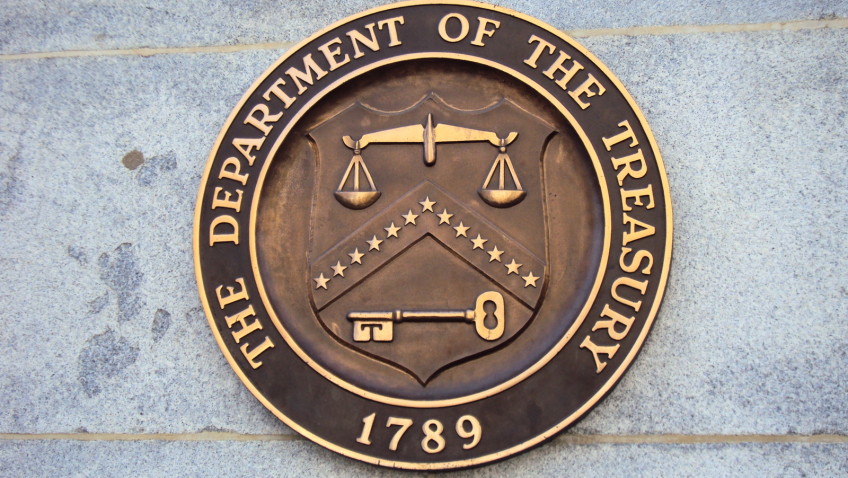
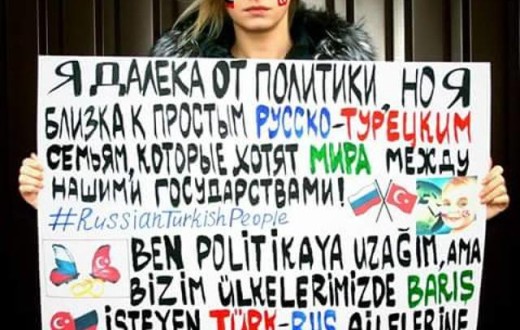
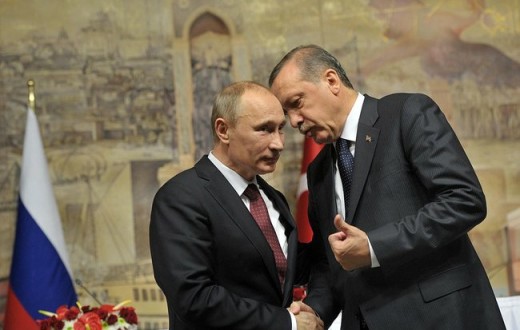
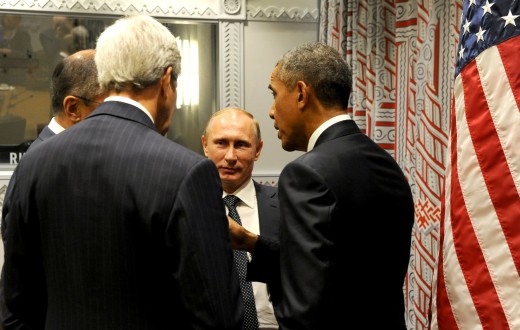
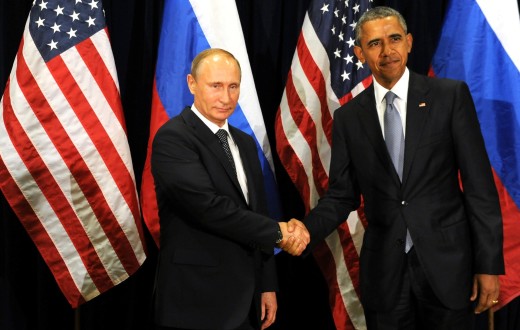
0 comments